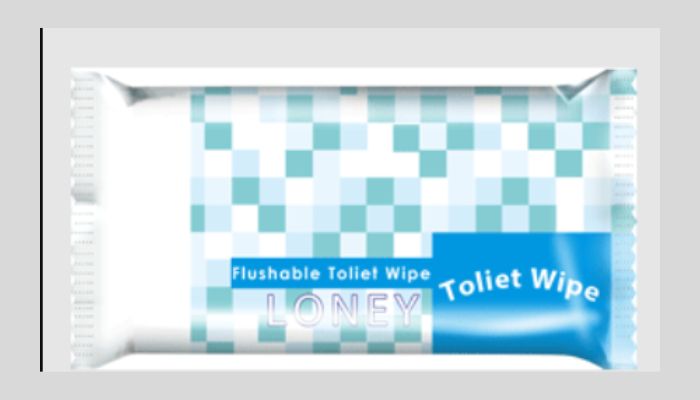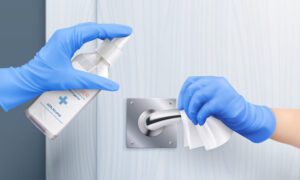In the pursuit of cleanliness and hygiene, many households have turned to flushable toilet wipes as an alternative to traditional toilet paper. These pre-moistened wipes offer a fresh and thorough clean. However, concerns about their impact on plumbing systems and the environment have arisen. In this article, we will explore the pros and cons of flushable toilet wipes to help you make an informed decision about their usage.
Enhanced Cleaning and Freshness
Flushable toilet wipes provide a higher level of cleaning and freshness than traditional toilet paper. These wipes are designed to effectively remove bacteria and residue, leaving a refreshing sensation. The moist texture of the wipes ensures a thorough and gently clean, reducing the need for excessive wiping. This can be particularly beneficial for individuals with sensitive skin or those seeking extra cleanliness after using the restroom. Flushable toilet wipes have gained popularity for their ability to provide a more hygienic and refreshing experience.
Convenience and Versatility
One of the main advantages of flushable toilet wipes is their convenience. They come in handy, easy-to-use packs that can be stored in bathrooms for quick and effortless access. Flushable wipes are also versatile and can be used for various purposes beyond personal hygiene. They are often used for quick cleaning and freshening bathroom surfaces, making them a practical choice for maintaining cleanliness throughout the restroom. The convenience and versatility of flushable toilet wipes make them popular for those looking for an efficient and effective alternative to traditional toilet paper.
Plumbing and Environmental Concerns
Flushable toilet wipes have raised concerns about their impact on plumbing systems and the environment. While labeled as “flushable,” these wipes are not as easily degradable as toilet paper. The synthetic fibers used in their production can lead to clogs and blockages in pipes and sewage systems, resulting in costly repairs for homeowners and municipalities. Furthermore, even if the wipes pass through the plumbing system, they can contribute to pollution and harm aquatic ecosystems when they end up in water bodies. The environmental impact of flushable toilet wipes has led to calls for increased awareness and responsible usage.
Responsible Usage and Alternatives
To minimize potential plumbing and environmental risks associated with flushable toilet wipes, responsible usage is crucial. Only flush wipes that are labeled as “flushable” and avoid flushing non-flushable alternatives, such as regular baby wipes or cleaning wipes. Educating oneself and others about the difference between flushable and non-flushable products is essential to prevent plumbing issues. Alternatively, individuals can consider using eco-friendly options, such as biodegradable toilet paper or reusable cloth wipes. These alternatives are designed to be more easily degradable and have a lower environmental impact.
Conclusion
Flushable toilet wipes offer enhanced cleaning and convenience, but their potential impact on plumbing systems and the environment should not be overlooked. Responsible usage, including flushing only designated flushable wipes and exploring eco-friendly alternatives, can help mitigate risks and ensure a cleaner and more sustainable future.



































